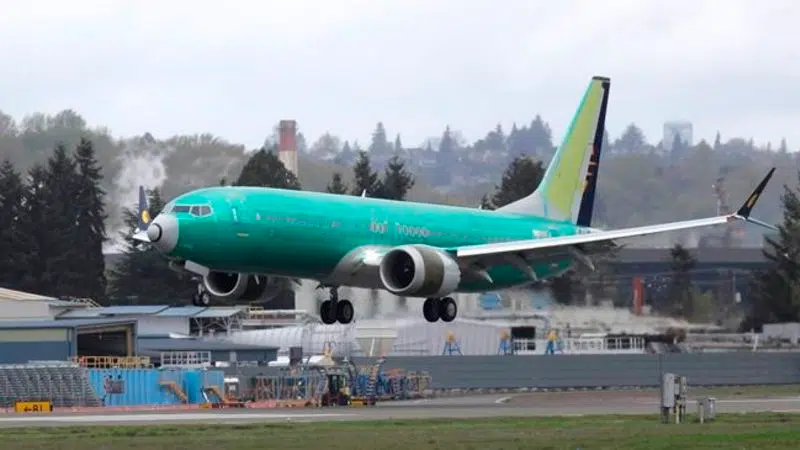
Boeing, FAA both faulted in certification of the 737 Max
A panel of international aviation regulators found that Boeing withheld key information about the 737 Max from pilots and regulators, and the Federal Aviation Administration lacked the expertise to understand an automated flight system implicated in two deadly crashes of Max jets.
In its report issued Friday, the panel made 12 recommendations for improving the FAA’s certification of new aircraft, including more emphasis on understanding how pilots will handle the increasing amount of automation driving modern planes.
The report, called a joint authorities technical review, focused on FAA approval of a new flight-control system called MCAS that automatically pushed the noses of Max jets down — based on faulty readings from a single sensor — before crashes in Indonesia and Ethiopia that killed 346 people.
During the certification process, Boeing changed the design of MCAS, making it more powerful, but key people at the FAA were not always told. The review committee said it believed that if FAA technical staff knew more about how MCAS worked, they likely would have seen the possibility that it could overpower pilots’ efforts to stop the nose-down pitch.
